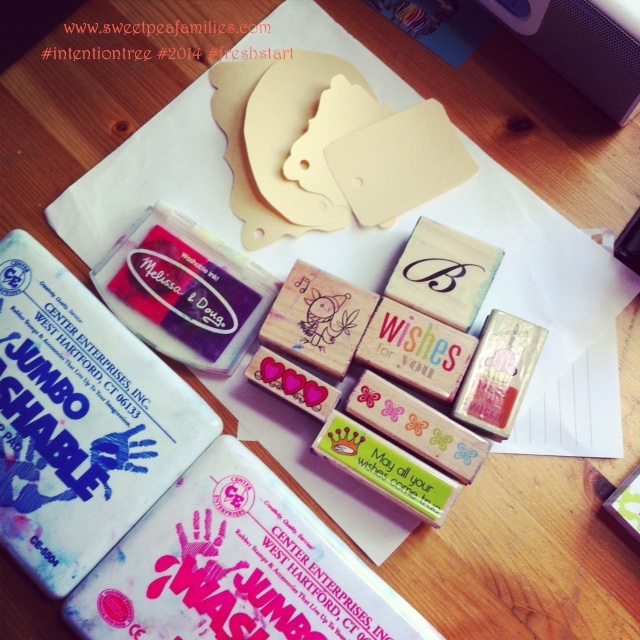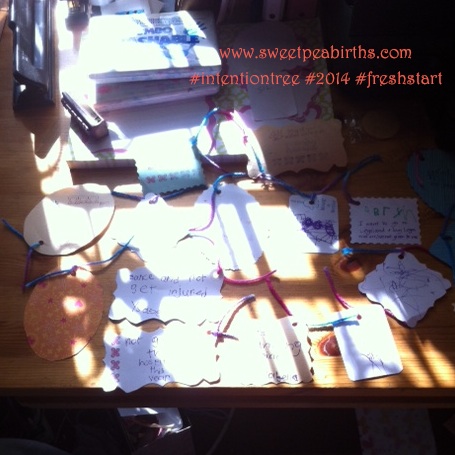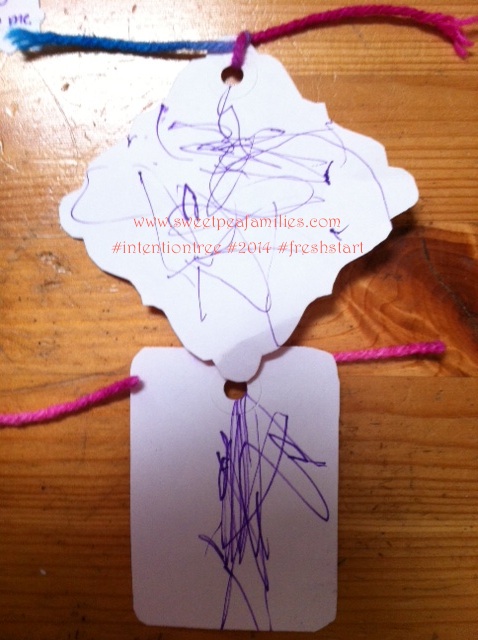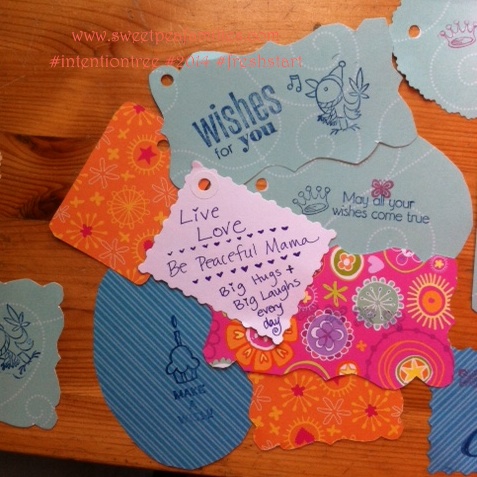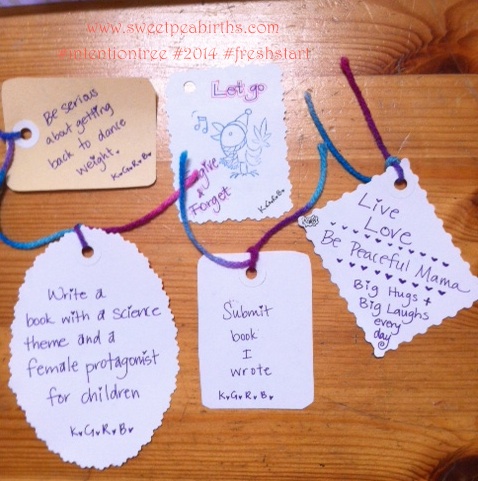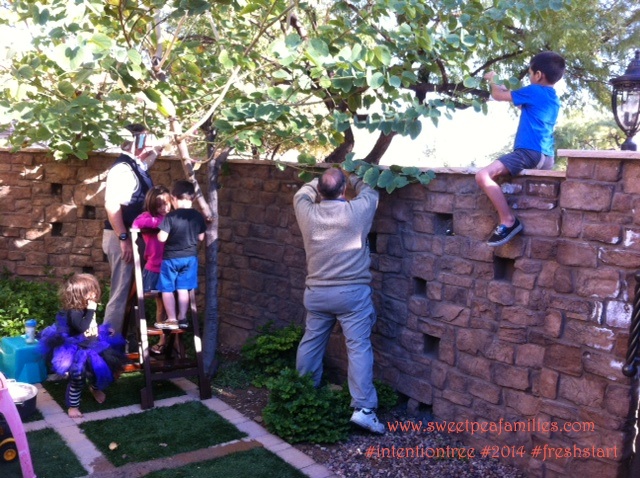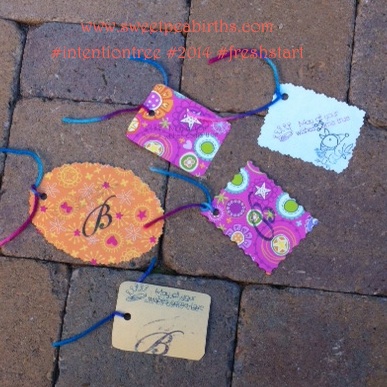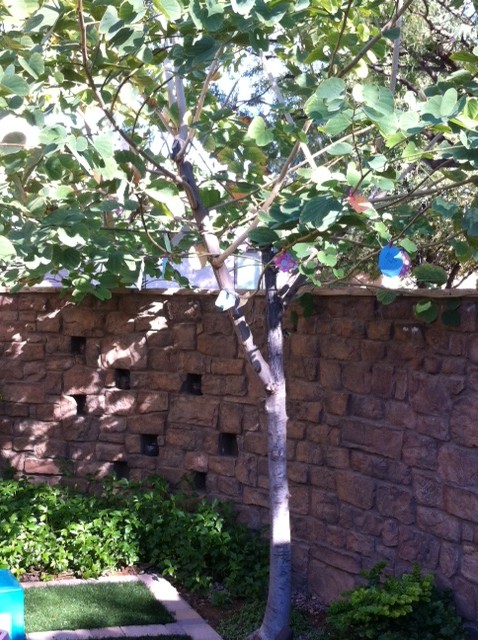(image from https://www.facebook.com/naturalpregnancyandbeyond)
Have you ever taken the time to think about that phrase, “grow slow”? Here are some little Tuesday Tips based on the idea that each child will grow to their best ability if we facilitate their environment.
Backstory:
As a homeschool parent, I hold on to the mantra that I homeschool so that I can teach my child to their ability. To some folks, that means that their child’s ability is way ahead to what they would be learning in public school, so their children can move at an accelerated pace.
That is not the case in our family. I happily plug along at grade school level work, we finish up in about three hours, and then our kiddos get to play for the rest of the day. When I am not writing or attending to our childbirth classes and students, I get involved. They are a lot of fun to hang out with!
Especially in Night Owl’s case (he is six). There is a phrase I love to think about that makes me laugh and makes me slow down when I school with him: “nailing jello to a tree”. It captures him perfectly if you try to get him to sit still, and put a piece of paper and a pencil in front of him. Oh my gosh – it is torture for both of us. So I honor his “jello-ness” and we do lots of other things besides use pencil and paper.
(He is so tactile, so interested in building, moving and making noise. I am sure that if he had gone to any school they would have sent him back with a note to “do something”.)
How is this for brutal honesty: It kills me that I have friends with four- and five-year olds that are reading and writing. Seriously, honestly, with no help or coaching from the parent (of course, they taught them in the first place), reading above level and writing with little to no help with spelling. I smile and say, “how wonderful,” because really, it is! Meanwhile, inside I am a little torqued that there is something wrong with me that I can’t produce this in our children.
Then I go back to the stillness. The knowledge that by the time they are all adults, they will all be reading and writing. They will all have a basic knowledge of sums. And in all likelihood, no one is going to ask them when they learned to do these things – they will just do them as well as one another, and they will never care at what age they learned to do those things.
I also take a tally of all the things that Night Owl does do well. He is a fascinated with building, creating and recreating his buildings and original designs based on ideas he sees around him. He can look at a group of items and come up with the sum without counting them out loud or on his fingers. He is learning his math facts like a fiend.
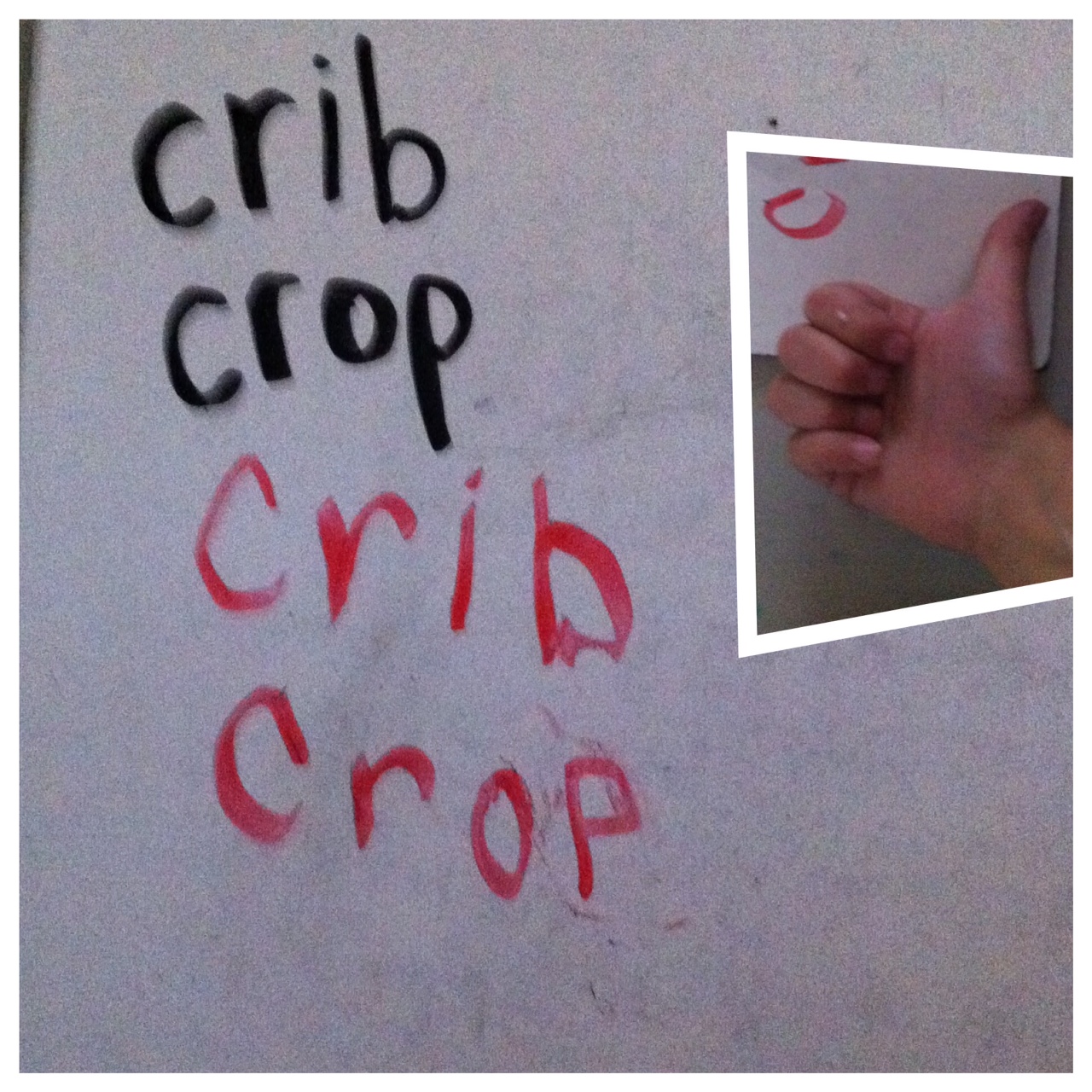
Night Owl gave himself a “thumbs up” for his penmanship today
And then we have days like this, when I look over at his spelling words, as he copies the words that I wrote. It dawns on me that his writing is looking incredible (his are the red letters). He also read a whole sentence by himself, and he didn’t get frustrated with himself or with me – he actually pulled out his primer and asked me to read with him!
So, yes, it is okay if your child is not meeting all the developmental milestones all at the same time with their peers. It is so important to look at the big picture: are they well? Eating? Sleeping? Interested in life? Is there something that piques their interest that they are good at? If not, have you helped them explore and find something that will motivate them to want learn more?
Some ideas to facilitate learning if you want to “grow slow” with your young scholar:
- Provide them with lots of books with your home library and/or trips to your local library.
- Pay attention to the kinds of books they gravitate.
- Focus on that theme for crafts, outings, puzzles.
- Provide a variety of media for them to explore: crayons, pencils, markers, paints, white board markers, white boards, different textures of paper, scissors, glue.
- Count everything: steps, items at the grocery store, how long you are stopped at a stop sign or light, as well as numbers on a number line. You can find free printables in just about any theme these days.
- Gather small items you can sort and count from around the house: loose change, lost buttons, bottle caps, jug caps, rocks, leaves, beads, anything that can fit into a jar so you can store it and put it away for another day of playing.
There are so many more ways to learn to read, write and do math than the conventional way. If you have a non-conventional learner like I do, know that *it is okay* for them to grow slow, and grow at their own pace. Teaching without tears is so much more peaceful than adding your own pressure to their frustration and confusion. The days when you have big break throughs are so worth it!
Like this:
Like Loading...


